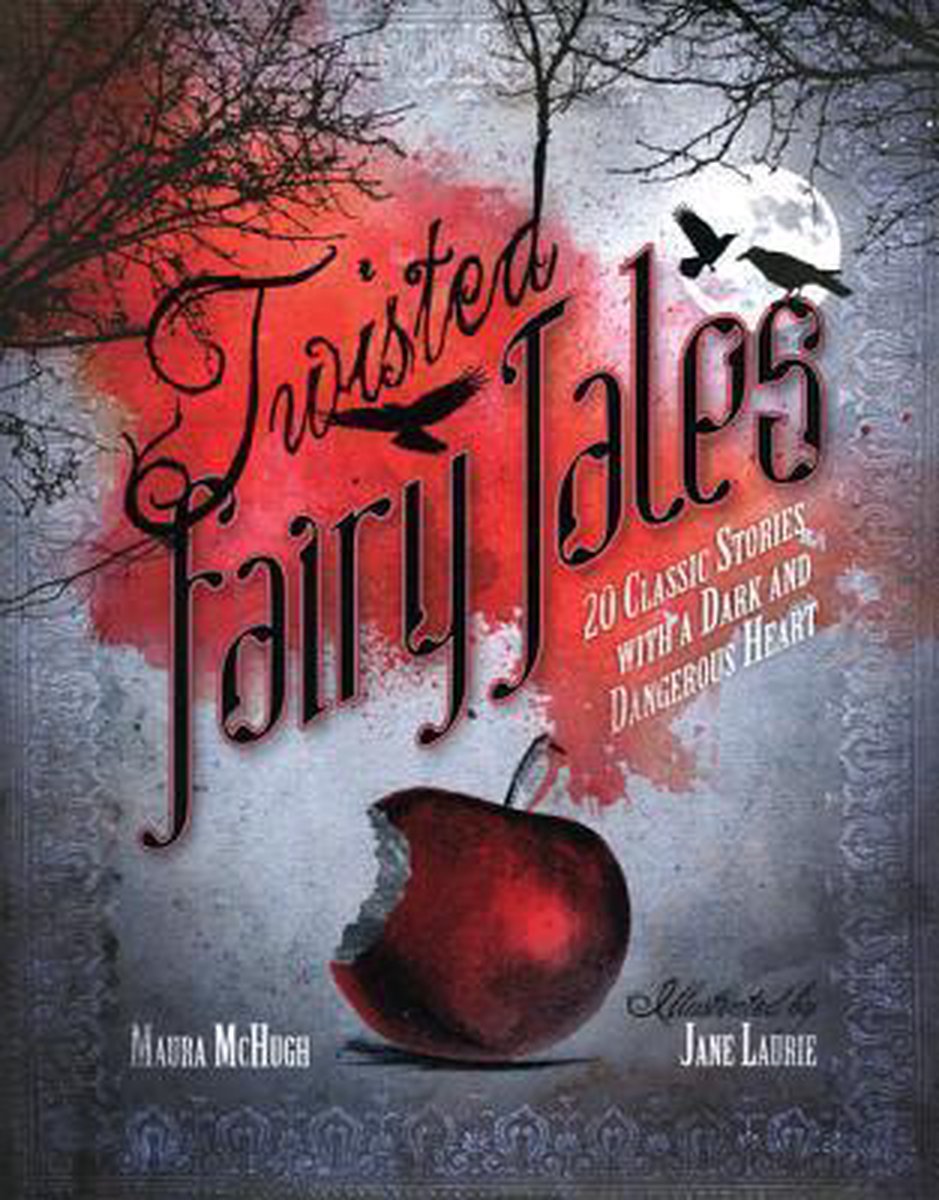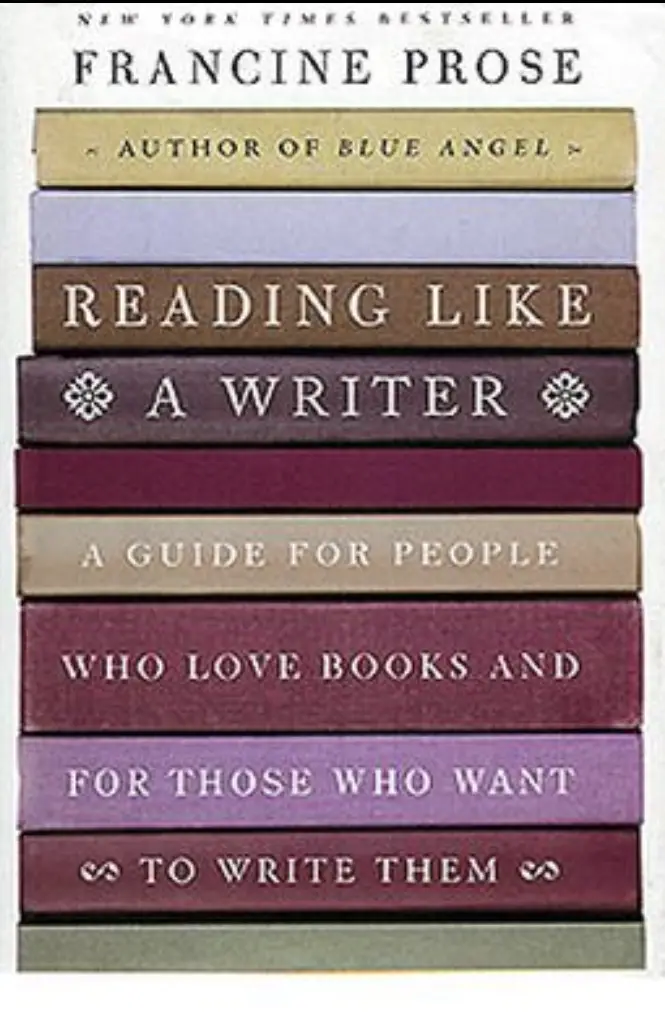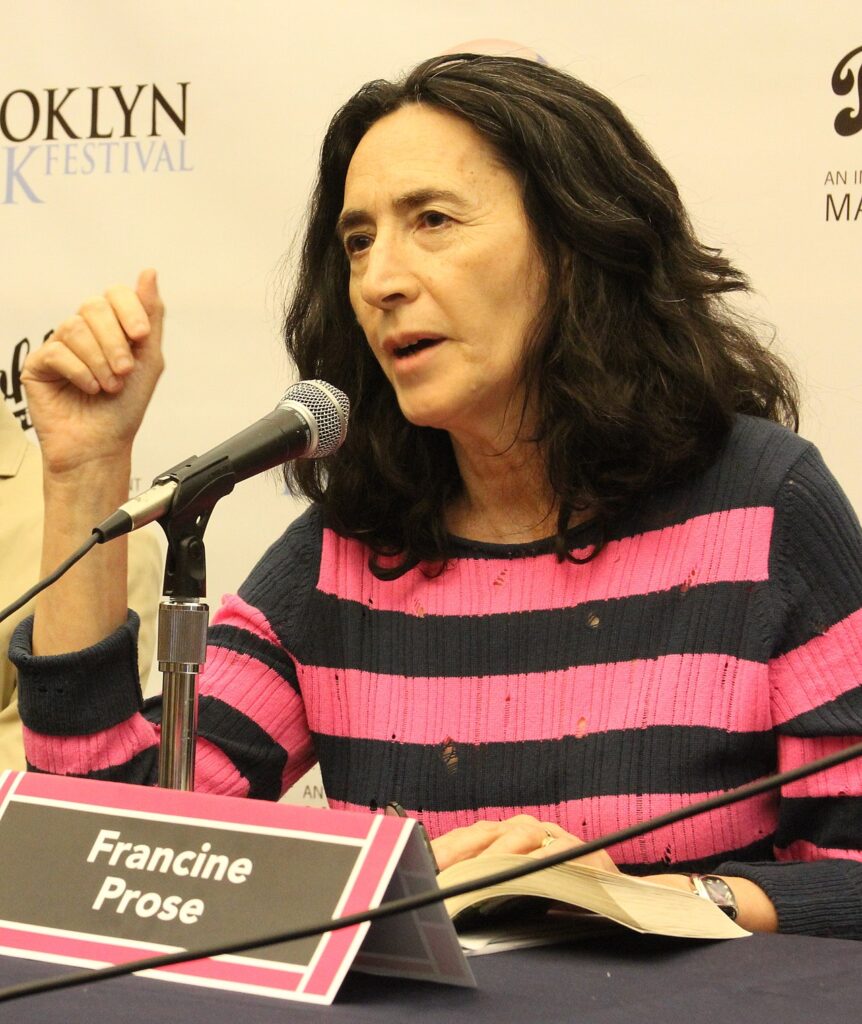Reading Like a Writer: A Guide for People Who Love Books and for Those Who Want to Write Them, by Francine Prose
Novelist, essayist, short story writer, and critic, Francine Prose is among the most prolific and encyclopedia literary figures of our time. Author of twenty novels, nine books of nonfiction, three short-story collections, and a children’s book, as well as many book reviews, Prose is well positioned as an authority on what it means, both as a reader and a writer, to love books.
In this collection, published in 2006, Prose offers close readings on developing the art of reading in order to improve one’s writing craft. Over the course of eleven chapters that address such fundamentals as “Words” and “Paragraphs,” as well as more complex literary devices such as “Narration” and “Character,” Prose walks us through classic and contemporary works of fiction using craft as a lens, and her taste in fiction is very good. Her choices demonstrate that, along with the cultivation of writing craft, a reader must also cultivate a scrupulous reading life as well.
Sentences That Lead Like a Winding Path
There are many examples here that serve as vehicles for study, like Rebecca West’s The Birds Fall Down, which prose examines for the caliber of its sentences: “One afternoon, in the early summer of this century, when Laura Brown was just eighteen, she sat, embroidering a handkerchief, on the steps leading down from the terrace of her father’s house to the gardens communally owned by the residents in Radnage Square.” It’s a sentence that leads us like a winding path into the space of the story, one vivid detail at a time. Or this, from West’s Black Lamb and Gray Falcon, recounting the the assassination of Grand Duke Franz Ferdinand at Sarajevo: “When the car went by and he saw that the royal party was still alive, he was dazed with astonishment and walked away to a cafe, where he sat down and had a cup of coffee and pulled himself together.” Any student of writing, new or seasoned, can study sentences like these for their sureness, their clarity, and the structure that confidently unspools everything from intimacy to emotion, to the banal and the extraordinary.
As Prose writes:
Every page was once a blank page, just as every word that appears on it now was not always there, but instead reflects the final result of countless large and small deliberations. All the elements of good writing depend on the writer’s skill in choosing one word instead of another. And what grabs and keeps our interest has everything to do with those choices.
Sentences as a Way of Life
These are just two examples, but they show us how the writer’s attention to precision can render complex states of mind with deceptively straightforward construction—or as Prose puts it, build “a sentence in which we find an entire way of life.” The investigations here are full of similar insights. One favorite: “There are many occasions in literature in which telling is far more effective than showing,” one that may be difficult for young writers to process, having been taught that showing is superior to telling, when in fact there are only particular instances in which that’s true. In this indispensable volume, Prose shows writers working at all levels how fundamental the painstaking deliberations are—and for anyone who’s stared at a page, or screen, and had to pull insight, or understanding, or simply the right verb, from some unknown place, this book is not only a guide, but a reminder of the investment of time and self goes into the best writing.
—Lauren Alwan



